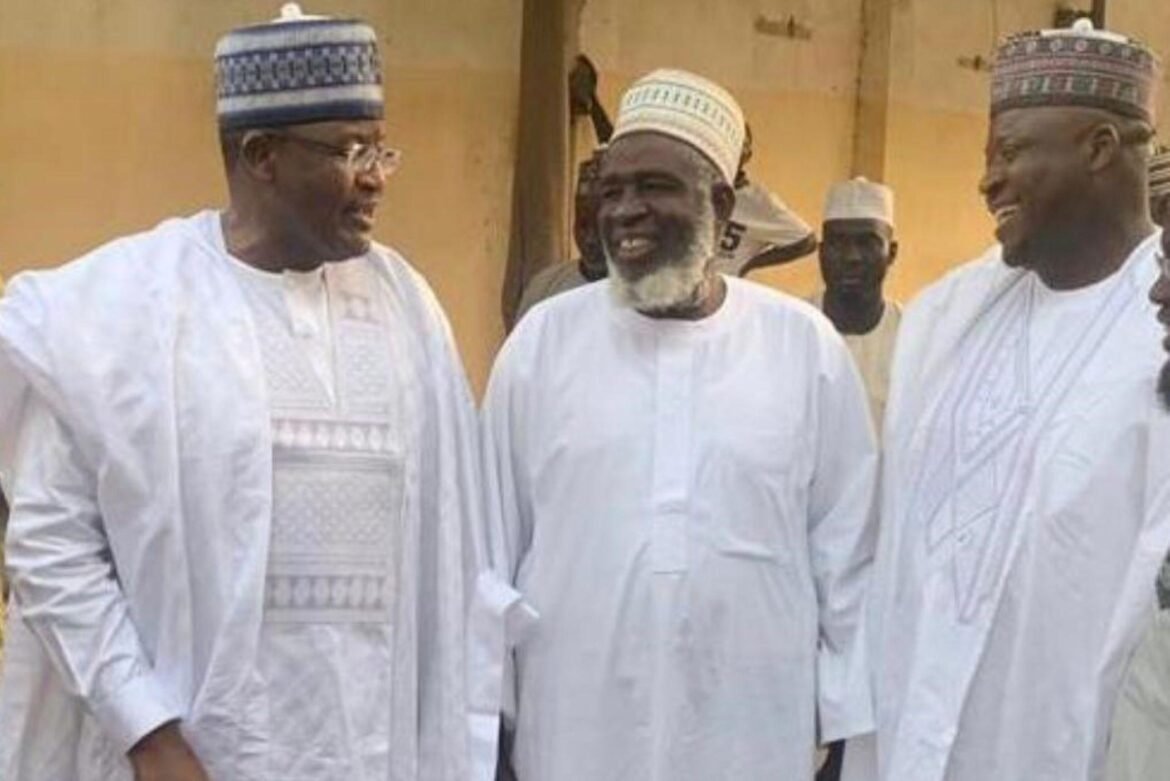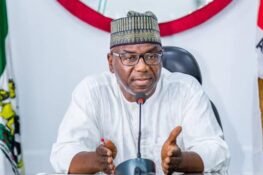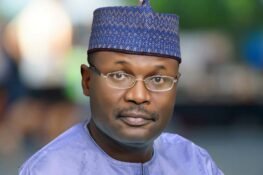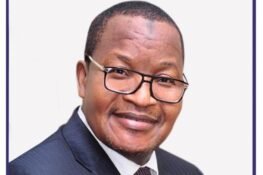The Executive Vice Chairman of the Nigerian Communications Commission (NCC) has told clerics in Kano that socioeconomic activities are demanding on a peaceful environment.
Danbatta met with some Salafiyyah clerics as he rounded off his two-day working visit to Kano State at the weekend.
Dr. Ikechukwu Adinde, NCC’s director of public affairs in a statement on Monday said Danbatta’s last port of call during the visit was his meeting with one of the leaders of Salafiyya Muslims in the state, Sheik Abdulwahab Abdallah on the evening of Sunday, October 25, 2020.
During the visit to the cleric, Danbatta, Adinde said, commended the Ahlussunnah Muslims for being at the forefront of ensuring a peaceful and harmonious relationship with other religious groups in the state.
The statement read, “Danbatta said the task of ensuring a peaceful nation is everybody’s business, adding that all socioeconomic activities can only thrive in an atmosphere of peace, tranquillity and harmony.
“Citing a case with telecoms sector, the EVC said With peaceful coexistence, we will achieve faster development across all the sectors of the economy. For instance, telecoms investors will be more encouraged to deploy telecom infrastructure that will enhance telecoms services delivery in an area that is peaceful and devoid of criminal activities.”
The NCC chief executive charged the clerics to use their reverent positions as religious leaders to be promoters of peaceful intra and inter-faith coexistence in the state.
The NCC boss started a two-day working visit to his home state on Saturday, October 24, 2020, during which he paid courtesy visits to prominent leaders in the state, including the Emir of Kano, Aminu Ado Bayero; and Emir of Bichi, Alh. Nasir Ado Bayero.
He also took message of hope to the leader of Kadiriyya Sufi Order, Sheikh Kariballah Nasiru Kabara at his residence and the Tijanniyah Sufi Order after which he met with business communities in the state.
The overarching objective of the two days working visit was to urge the people of the state, especially the traditional, religious and business leaders, to use their positions to continue to mobilise the people of the state toward supporting the Federal Government’s initiatives at ensuring peace and stability in the country.








